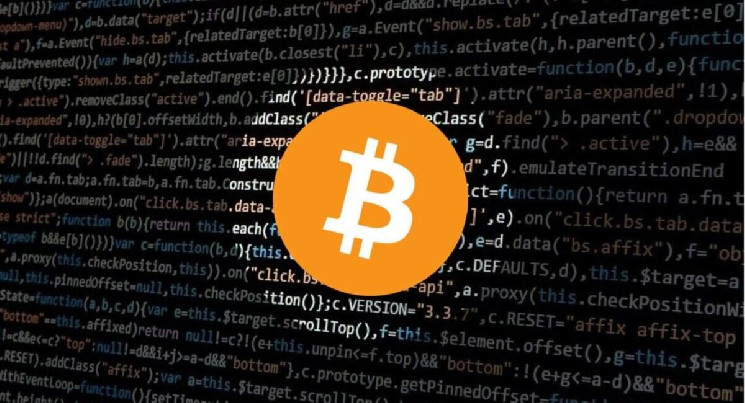Key takeaways
- Rootstock has integrated seven new DeFi protocols, expanding the use cases for Bitcoin’s audience
- The removal of the locking cap for the BTC/rBTC two-way peg enables an unlimited amount of Bitcoin to be moved into Rootstock for DeFi protocols
- The Rootstock blockchain is the first-ever Bitcoin Layer 2 sidechain, providing smart contract and token creation functionalities for Bitcoin users.
Rootstock, the world’s first Bitcoin Layer 2 sidechain, has enhanced its DeFi environment for the Bitcoin ecosystem by integrating seven new solutions and removing the locking cap for the BTC/rBTC two-way peg. The move allows an unlimited number of Bitcoins to be locked in Rootstock and used for DeFi protocols such as saving, borrowing, staking, and lending services. The Rootstock blockchain is secured by over 50% of Bitcoin’s hashing power and enables the creation of smart contracts and tokens within its ecosystem, leading to the emergence of new use cases, products, and services for Bitcoin users.
Seven New DeFi Protocols Join Rootstock Ecosystem
The seven new DeFi protocols that have joined the Rootstock ecosystem include:
- MyEtherWallet, an open-source wallet connecting users to the Ethereum network, with over 4 million visits per month to its web app.
- BitOK, a portfolio tracker for crypto and NFTs, with over 5,000 users and $500 MM data in peer-to-peer transactions.
- Paydece, a fully decentralized crypto-to-fiat swap service.
- Enkrypt, a web browser wallet that already integrated Rootstock.
- EMDX, a dual-investment technology for RIF and BPro.
- Quidli, which offers the option to send RBTC as rewards over Slack, Discord, or through any browser.
- Qredo Wallet, a self-custodial solution for RBTC, RIF, and other assets.
The addition of these protocols is the latest development for the ever-growing Rootstock ecosystem, which has contributed to over $80 million in Total Value Locked on the network, with more than 3,500 BTC currently locked in the network. Rootstock’s compatibility with the Ethereum Virtual Machine (EVM) ensures a familiar feel for developers who interacted with Solidity solutions before.
Rootstock Removes Limitations for Bitcoin-Based DeFi Apps
By removing the limit of 4,000 BTC to be moved onto Rootstock, the platform has opened up numerous possibilities for the growth of Rootstock and Bitcoin DeFi. The Rootstock ecosystem becomes more robust and enables a larger user base to explore the vast opportunities present in the world’s most secure smart contracts ecosystem. Rootstock Co-founder, Adrián Eidelman said:
“By removing the limit of 4,000 BTC to be moved onto Rootstock, we are opening up numerous possibilities for the growth of Rootstock and Bitcoin DeFi. The Rootstock ecosystem becomes more robust, and enables a larger user base to explore the vast opportunities present in the world’s most secure smart contracts ecosystem.”
The overall growth of Rootstock has been remarkable these past few years, and with the broader DeFi-oriented focus, more people will enjoy decentralized finance opportunities anchored to the Bitcoin blockchain. The network saw over 90,000 individual transactions in February 2023, further proof that the adoption is going in the right direction.
In conclusion, the integration of seven new DeFi protocols on Rootstock, the first Bitcoin Layer 2 sidechain, represents a significant step forward for the Bitcoin ecosystem. With the locking cap for the BTC/rBTC two-way peg removed, the entire supply of 21 million BTC can now be used for DeFi applications focused on saving, borrowing, staking, and lending services.
What will happen when the last Bitcoin is mined?
This development enhances the Rootstock ecosystem, enabling more users to explore the vast opportunities present in the world’s most secure smart contract ecosystem. With the ongoing adoption and growth of Rootstock, the future of decentralized finance looks bright for the Bitcoin community.


